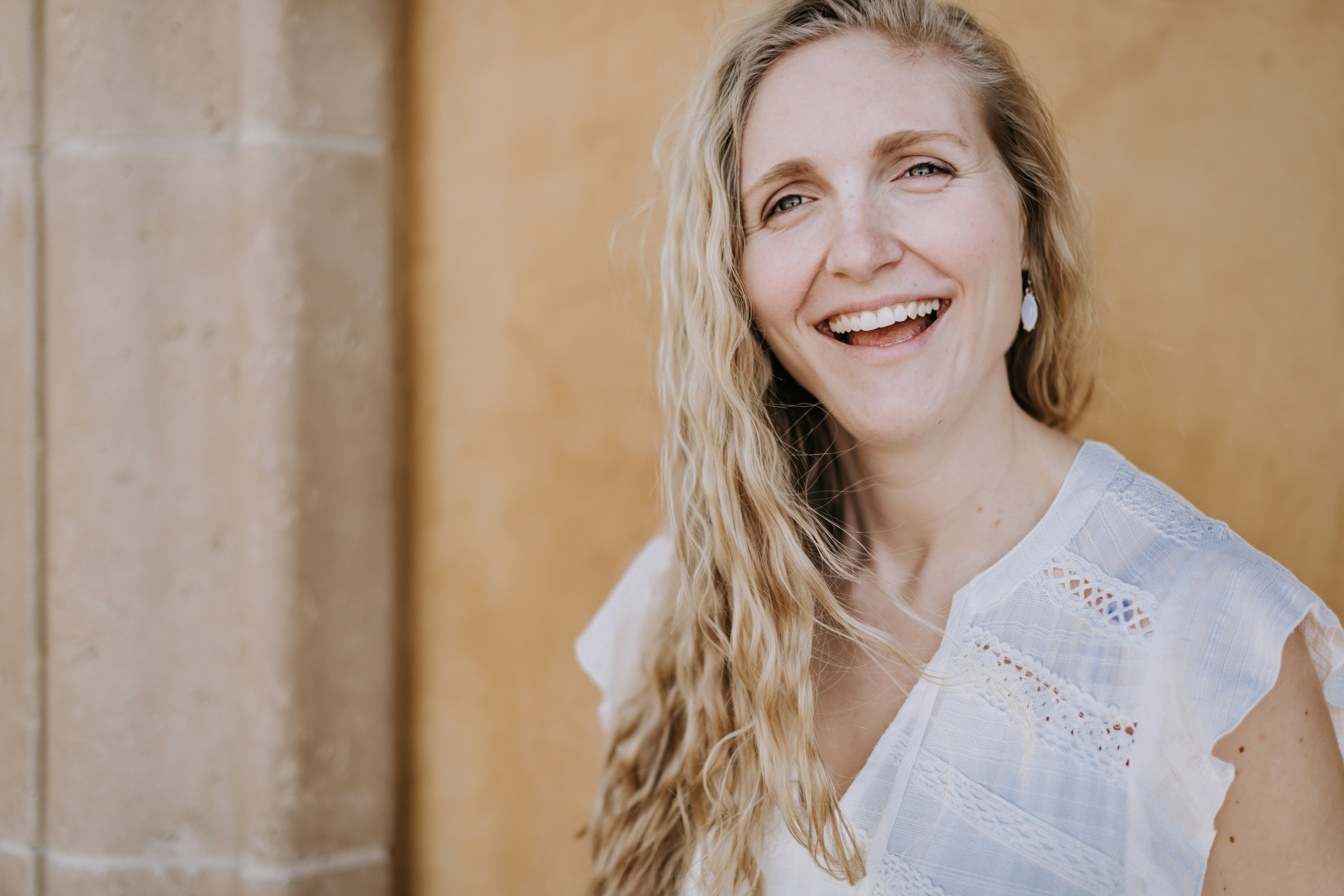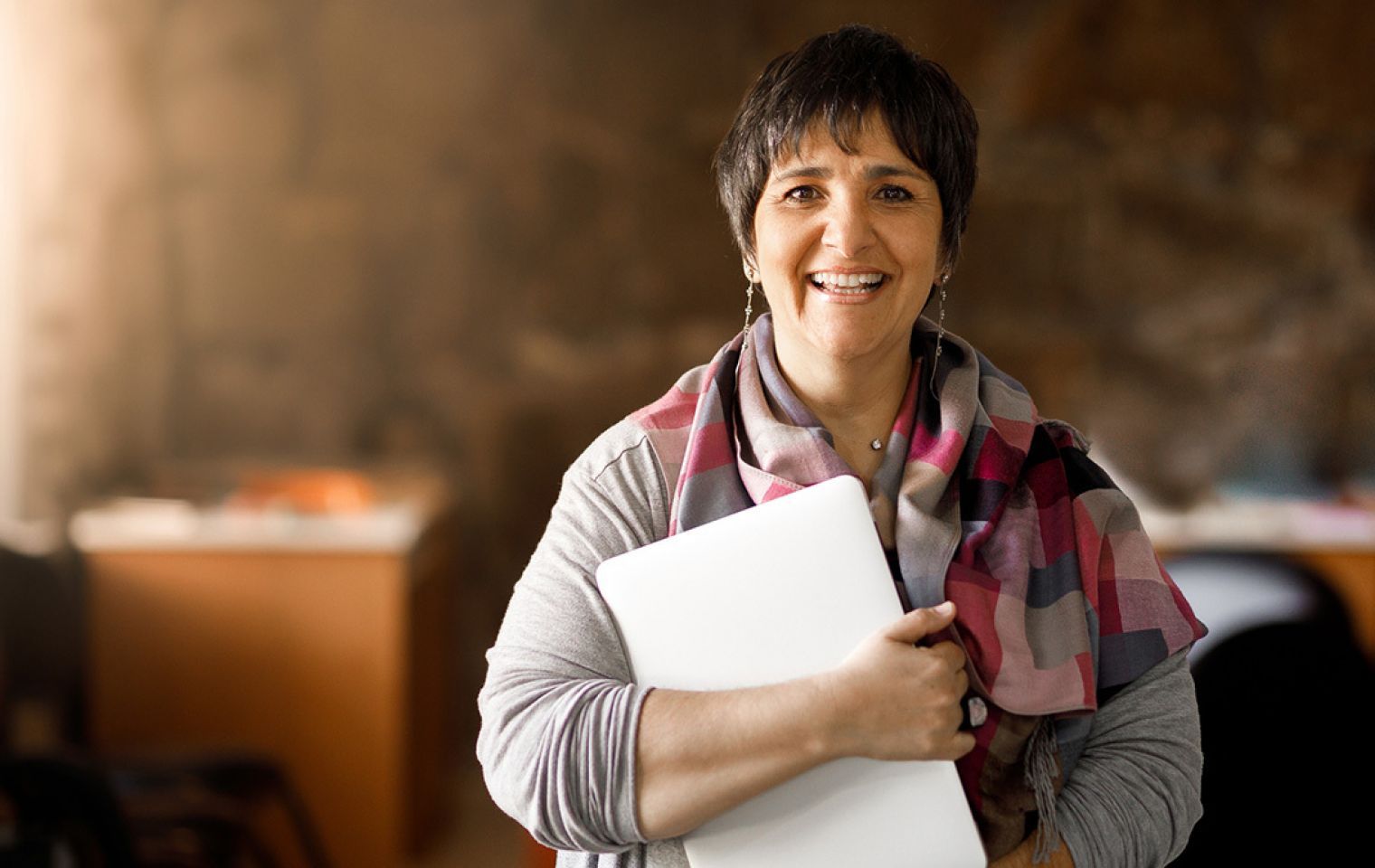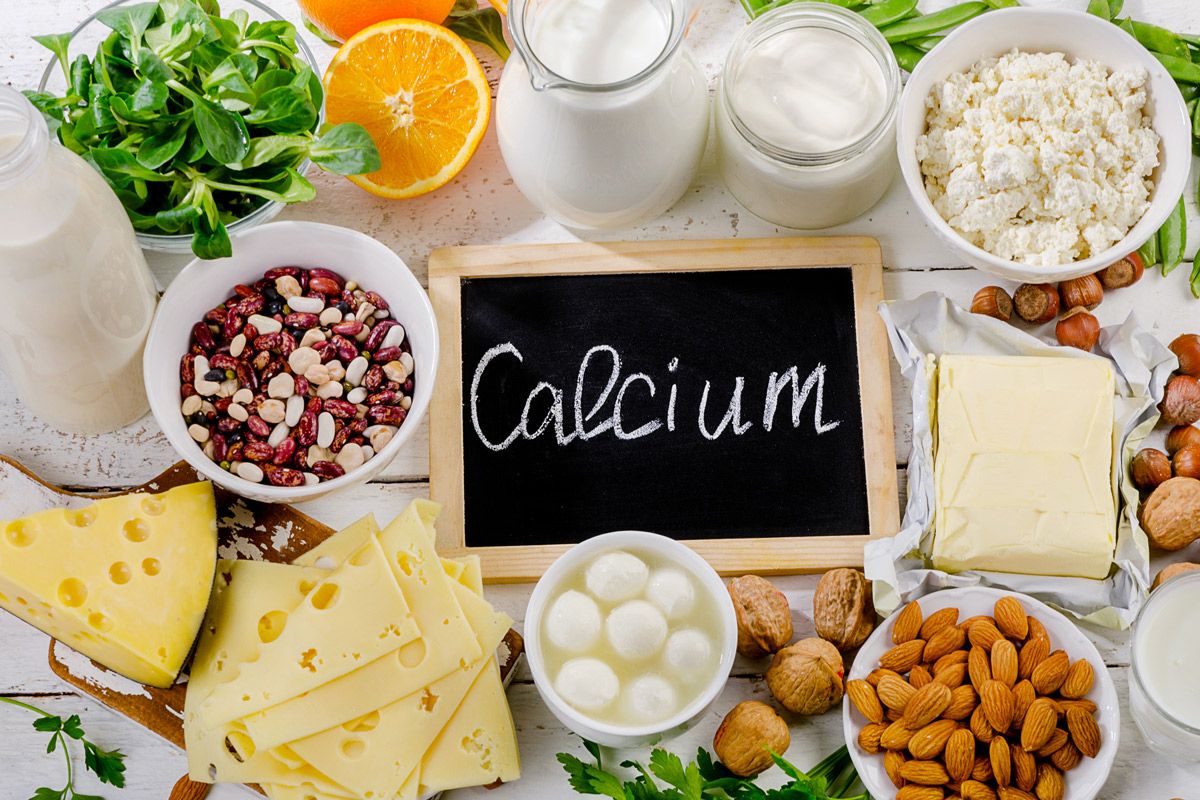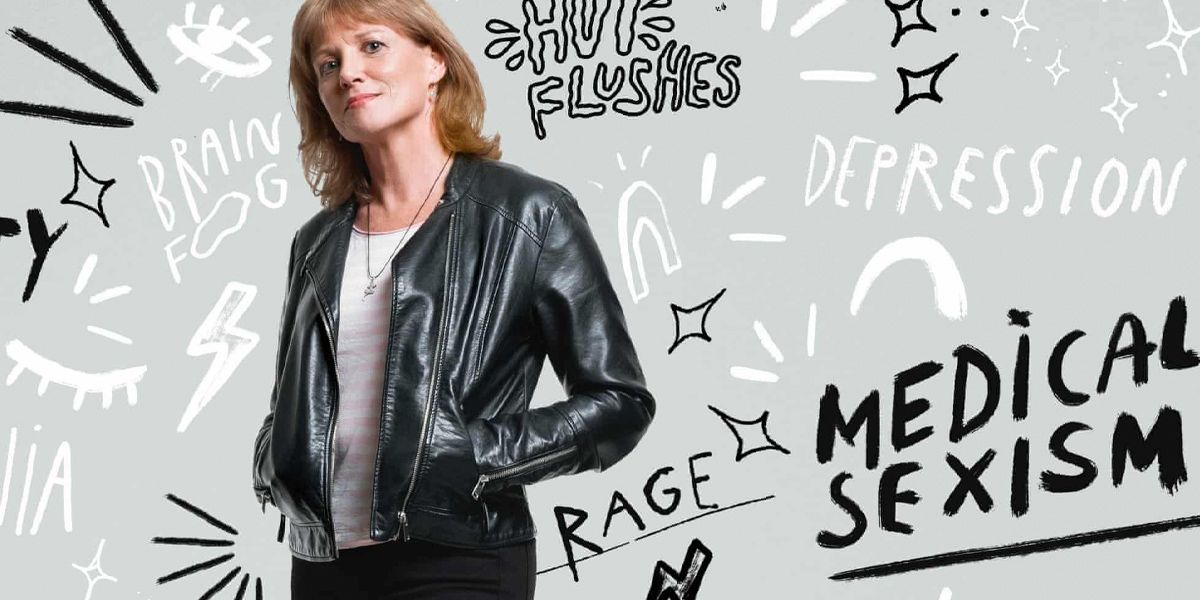Menopause is having a bit of a moment, with less stigma and more awareness about the changes it can bring.
A recent senate inquiry recommended public education about perimenopause and menopause, more affordable treatments and flexible work arrangements.
Canberra Menopause Centre
Due to an increase in demand, the Canberra Menopause Centre currently has a five-month waitlist for initial appointments. If you would like to join the waitlist, please contact the clinic at 02 62473077 and speak to our reception team.
We are working to increase the capacity of our clinic. We understand menopause can be a challenging time, and you may need to access care sooner than we can presently offer. we recommend using the Australian Menopause Society website to find other menopause doctors in the ACT.
Menopause leaves many women suffering
Menopause leaves many women suffering in silence at work, but the push for change is on. With two successful businesses to run and a team of staff to lead, Kate Sinfield could not afford to have anything get in her way.
When menopause and work collide
[Image description: Woman with menopause at work holding a laptop.]
Not all of us will enjoy the same working environment that an award-winning actress can command, but we can still improve our lot. Here’s how.
‘It changed who I felt I was.’
Women tell of devastation at early menopause diagnosis. Around 10% of women – including many who believe they have the prospect having children ahead of them – are suddenly told they are at the end of their fertile life, and at greater risk of diseases normally associated with middle age.
The fog of menopause
As menopause approaches, a lot of women experience fogginess and forgetfulness. Researchers in Australia are now investigating why.
Nearly two-thirds of women experience brain fog as a symptom of menopause. It may involve difficulty remembering words or names, struggling to concentrate, or the common scenario of walking into a room for a particular reason but then completely forgetting what that reason was.
Calcium, Menopause and Osteoporosis
Menopause (the natural ending of periods that usually occurs between the ages of 45 and 55) can increase your risk of developing osteoporosis, a condition in which bones become thin (less dense) and may fracture easily.
The drop in oestrogen levels that occurs around the time of menopause results in increased bone loss. It is estimated that, on average, women lose up to 10 per cent of their bone mass in the first five years after menopause. To reduce your risk of osteoporosis, eat a diet rich in calcium and do regular weight-bearing exercise. These lifestyle habits are best started younger...
Menopause & Calcium Supplements
Osteoporotic fractures are a common problem worldwide and are associated with increased morbidity and mortality. Calcium is a major component of the skeleton and traditionally calcium supplements have been considered an integral part of Osteoporosis management. Furthermore, most studies of osteoporosis therapies have been performed with the use of concurrent calcium supplements. In recent years, the role of calcium supplements has been controversial, particularly whether they lead to an increased risk of cardiovascular disease.
Calcium Supplements
Key points
The recommended daily...
Mission Menopause
‘My hormones went off a cliff – and I’m not going to be ashamed’. An estimated 13 million women in the UK are living with menopause. So why are so many enduring the turmoil of its symptoms without help and support? It’s about time that changed. Portrait by Suki Dhanda.
We are witnessing a tipping point: the rise of Menopause Power: a growing activist movement which will change the Change in the same way that Period Power fought period poverty and stigma. On social media, on podcasts and in newspapers, there’s a huge menopause conversation, as confrontational as it is celebratory. I’ve just...








